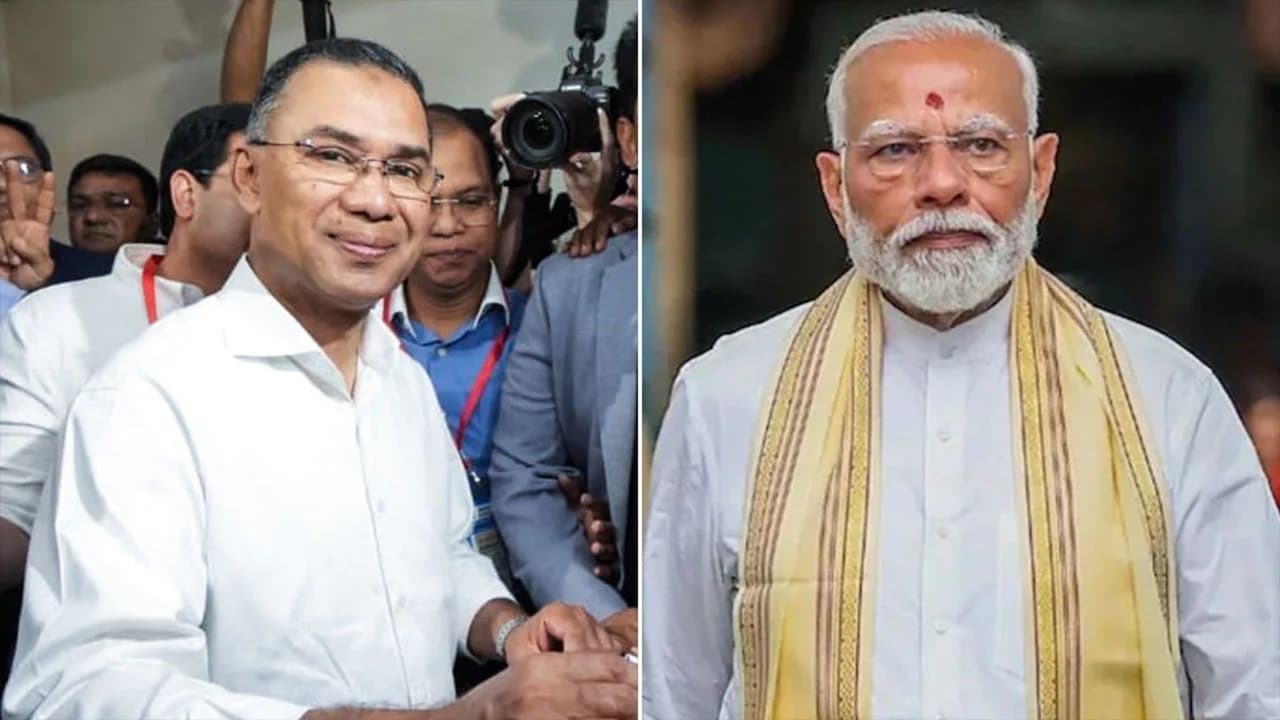A Nation Remembers and Reflects
On the 16th anniversary of the 26/11 Mumbai terror attacks, India stood united in paying homage to the martyrs who laid down their lives in the face of one of the gravest challenges to national security. President Droupadi Murmu, along with Union Ministers Amit Shah and Rajnath Singh, reiterated India’s firm resolve to combat terrorism. The anniversary is not just a moment of remembrance but a reminder of the watershed event that forever altered India’s security paradigm.
The 26/11 attacks were more than an assault on Mumbai; they were an attack on India’s sovereignty, global reputation, and sense of security. The subsequent transformations in policy, security infrastructure, and global positioning demonstrate how profoundly the event reshaped the nation.
What Happened That Night: The Anatomy of an Attack
On the night of November 26, 2008, ten highly trained terrorists from the Pakistan-based Lashkar-e-Taiba (LeT) arrived in Mumbai via inflatable speedboats. Having embarked from Karachi days earlier, they infiltrated India’s financial capital, splitting into smaller teams to execute coordinated strikes.
Over the next four days, they targeted key landmarks, including the Taj Mahal Palace Hotel, Oberoi Trident Hotel, Chhatrapati Shivaji Maharaj Terminus, Leopold Cafe, Nariman (Chabad) House, and Cama Hospital. These locations were carefully chosen for their symbolic importance and international presence.
The attackers killed 166 people—including 141 Indians and 25 foreign nationals—and injured more than 300. The world watched in horror as television broadcasts showed the unfolding siege, the valor of security forces, and the devastating aftermath.
Nine terrorists were killed during the operation, while Ajmal Kasab, the sole captured assailant, revealed the meticulous planning and Pakistan’s role in orchestrating the attack. His testimony exposed the global dimension of the terror network and solidified India’s case against state-sponsored terrorism.
How 26/11 Redefined National Security
Strengthening Coastal and National Security
The attacks exposed vulnerabilities in India’s security apparatus, particularly along its vast coastline. In response:
The Indian Navy was entrusted with overall maritime security, with the Coast Guard monitoring territorial waters.
Coastal surveillance systems were upgraded, including mandatory Automatic Identification Systems (AIS) for larger vessels.
The National Command Control Communications and Intelligence (NC3I) Network was established to integrate intelligence-sharing and coordination.
Institutional Overhaul
The creation of the National Investigation Agency (NIA) in December 2008 marked a significant step toward strengthening counterterrorism capabilities. The National Security Guard (NSG), previously stationed only in Delhi, expanded its presence across the country for quicker response times.
Global Recognition of India’s Fight Against Terrorism
Before 26/11, India’s claims of Pakistan-based terrorism often met with skepticism on international platforms. However, the attacks, which specifically targeted foreign nationals, including Americans and Israelis, galvanized global opinion.
· Enhanced intelligence-sharing mechanisms were established with countries like the US, EU, Israel, and Russia.
· The attacks paved the way for closer strategic ties with West Asian countries, which began acknowledging India’s counterterrorism stance.
A Turning Point in Foreign Policy: Isolating Pakistan
India adopted a decisive “no talks till no terror” policy, systematically isolating Pakistan on the global stage.
· Evidence presented by India led to Pakistan’s repeated censure by the Financial Action Task Force (FATF) for financing terrorism.
· Economic sanctions and restrictions on international aid further crippled Pakistan’s capacity to fund terror networks.
The attacks also set the precedent for India’s proactive military responses. Operations like the 2016 Uri surgical strike and the 2019 Balakot air strike showcased India’s resolve to counter cross-border terrorism while disregarding Pakistan’s nuclear posturing.
Lessons Learned: The Whole-of-Nation Approach
Public Awareness and Vigilance
The live broadcast of the 26/11 siege seared the incident into public memory. It underscored the importance of citizen vigilance, which has since become an integral part of urban security protocols.
Counterterrorism as a Global Imperative
26/11 marked India’s transition from a reactive to a proactive counterterrorism stance. The Modi government’s “zero tolerance” policy has positioned India as a global leader in anti-terror initiatives, earning accolades for its uncompromising approach.
Historical Context: 26/11 in Perspective
While India has faced several major terror attacks—such as the 1993 Mumbai blasts, the 2001 Parliament attack, and the 2006 Mumbai train bombings—26/11 stands apart for its scale, audacity, and aftermath.
It was a defining moment, much like the Kargil War of 1999, which reshaped border security policies, or the 1971 Bangladesh Liberation War, which realigned geopolitical dynamics in South Asia.
The Broader Impact: Beyond National Security
Transforming Regional Dynamics
26/11 influenced India’s relationships with its neighbors. Countries in West Asia, including Saudi Arabia, the UAE, and Bahrain, now openly condemn terrorism and support India’s security concerns.
Economic Implications
Mumbai, the financial capital, was deliberately targeted to disrupt India’s economy. The resilience displayed by the city, and indeed the entire nation, sent a clear message that such acts cannot deter India’s growth trajectory.
A Dark Day, A Stronger Nation
The 26/11 attacks were a dark chapter in India’s history, but they also marked the beginning of a new era of heightened security consciousness, global cooperation, and unwavering resolve. The tragedy united the nation in its determination to combat terrorism and honor the sacrifices of those who laid down their lives.
From improved coastal defenses to more robust counterterrorism frameworks, India has transformed its vulnerabilities into strengths. As the world increasingly acknowledges India’s role in fighting global terrorism, the legacy of 26/11 serves as both a somber reminder and an enduring call to vigilance.
In the words of President Droupadi Murmu: “India remains firmly committed to defeating terrorism in all its forms.”
This commitment, forged in the fires of tragedy, ensures that the sacrifices of 26/11’s martyrs were not in vain and that the nation remains resolute in safeguarding its sovereignty.
(With inputs from agencies)








